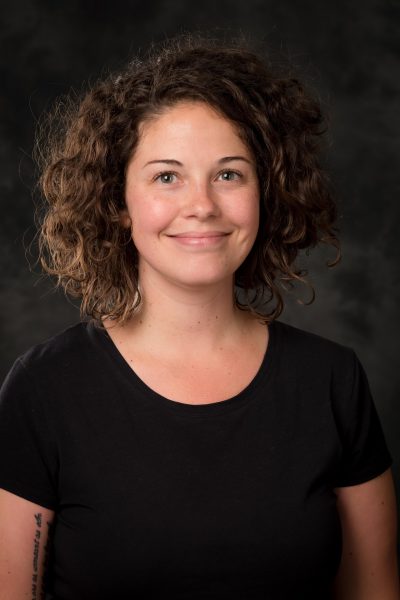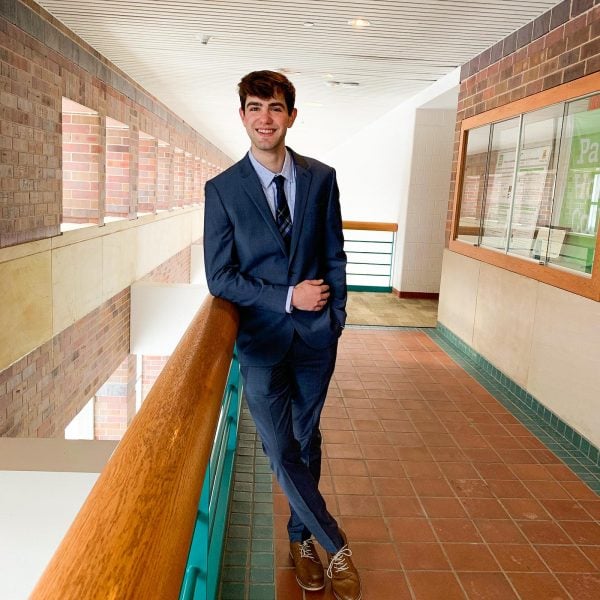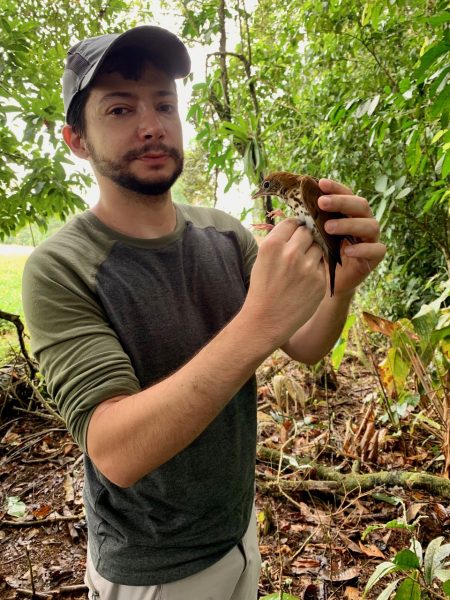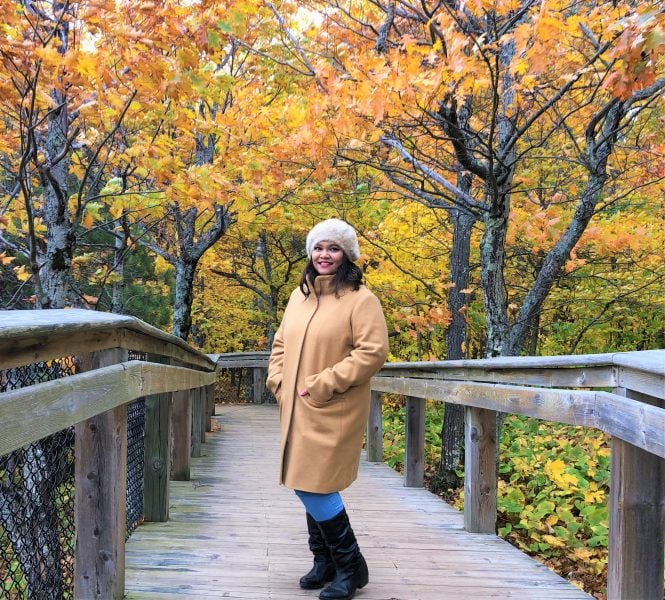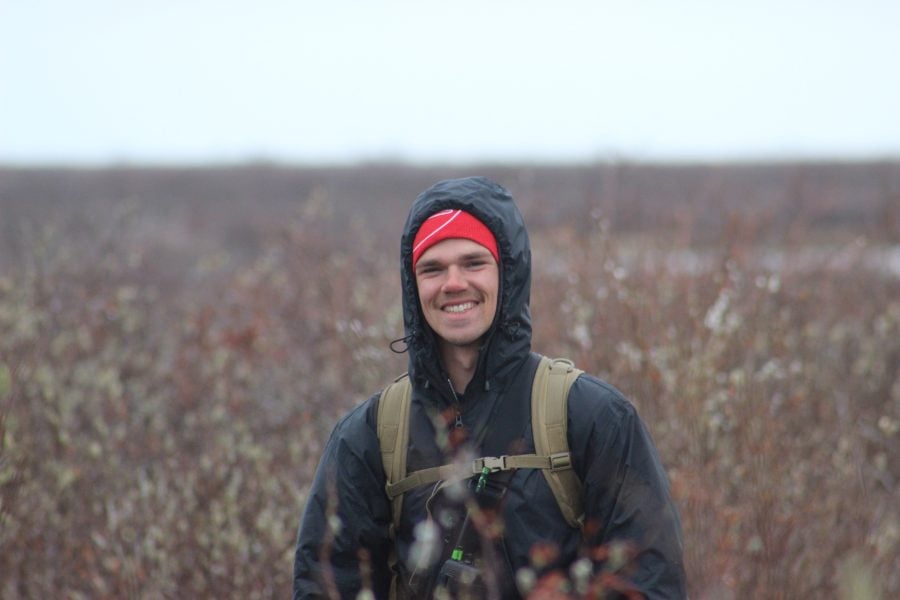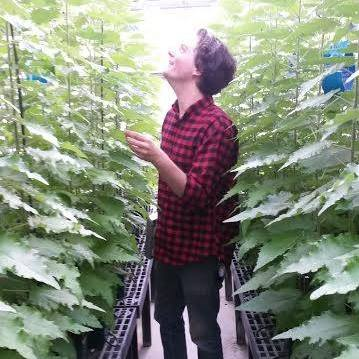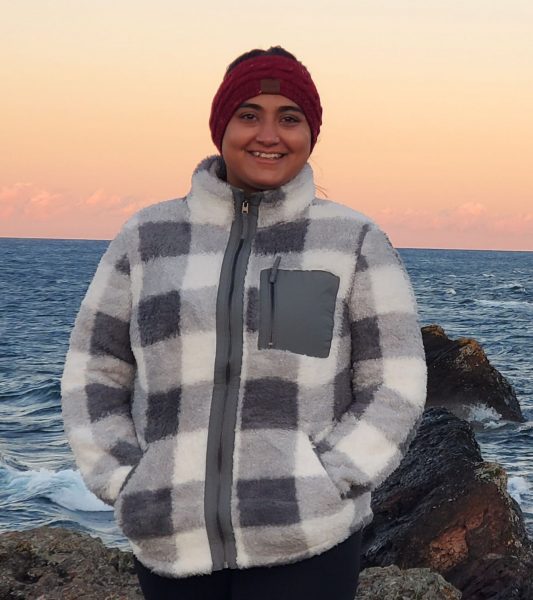I am a settler scholar living and working within the Anishinaabe Ojibwe homelands of Northern Michigan. Currently, I am a PhD candidate, at Michigan Technological University, in environmental engineering doing research that bridges knowledge systems to understand mixture toxicity. As an indiginist researcher, my work rebuilds systems of accountability and responsibility between humans and the environment that are aligned to Anishinaabe philosophies. Prior to graduate school, I earned a bachelor’s degree in public affairs from Indiana University in Bloomington, IN. For four years, I was the Education and Volunteer Coordinator at Inland Seas Education Association, a non-profit in Suttons Bay, MI with a mission to inspire a lifetime of Great Lakes curiosity, stewardship, and passion in people of all ages. In the two years leading up to graduate school I spent most of my time in Antarctica, washing dishes at the South Pole research station and hiking and sailing throughout New Zealand. Now I enjoy exploring Houghton, playing roller derby, and gardening.
Michigan Tech gratefully acknowledges support from The DeVlieg Foundation for the DeVlieg Summer Research Award.
